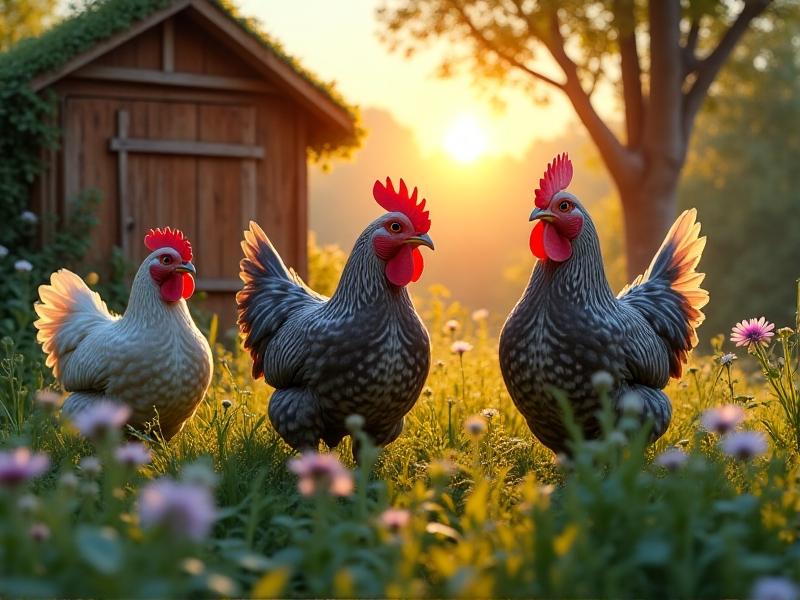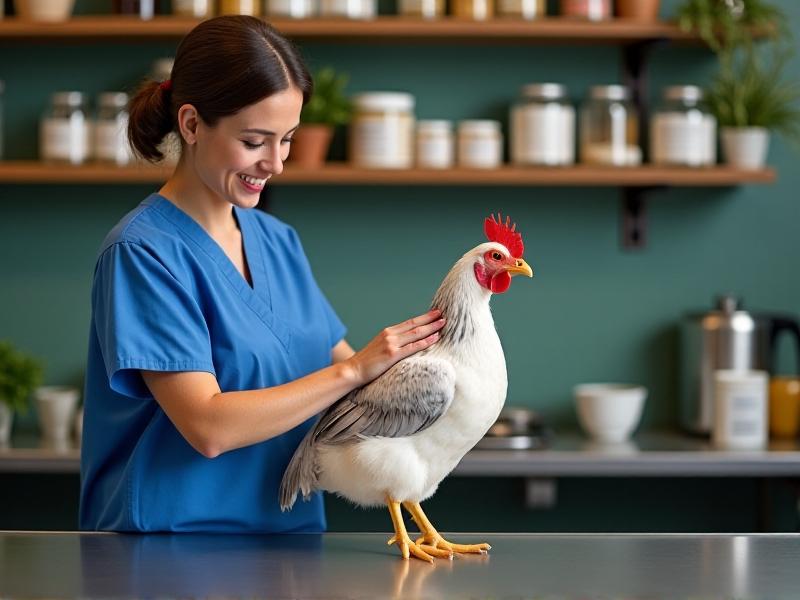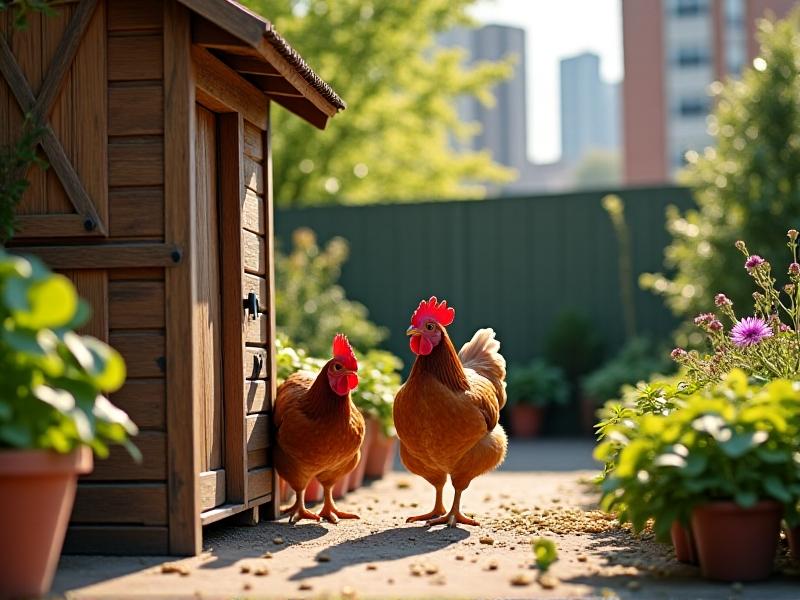The Urban Chicken Retirement Plan: Ethical Considerations
The Urban Chicken Retirement Plan: A New Frontier in Ethical Pet Ownership
As cities embrace urban farming, backyard chickens have transitioned from novelties to beloved companions. But what happens when these hens stop laying eggs? The Urban Chicken Retirement Plan addresses the ethical responsibility of caring for aging chickens, challenging owners to rethink their roles as stewards of both pets and livestock.

From Layers to Lawn Companions: Redefining a Chicken’s Purpose
Modern society often views chickens through a utilitarian lens—egg production machines with expiration dates. But hens can live 8-10 years, far beyond their 2-3 year peak laying period. Ethical retirement plans require shifting this perspective, recognizing chickens as sentient beings deserving lifelong care. Urban owners report surprising benefits: retired hens become expert composters, natural pest controllers, and even therapy animals for stressed city dwellers.
The Coop Conundrum: Designing Retirement-Friendly Habitats

Aging chickens face unique challenges—arthritis, vision loss, and decreased mobility. Ethical housing modifications include installing ramps, heated perches, and ground-level nesting boxes. The ideal retirement coop prioritizes safety over aesthetics, with padded flooring and segregated spaces to protect weaker birds from more active flock members. Proper ventilation becomes critical as older hens develop respiratory sensitivities.
Nutrition Over Neglect: Specialized Diets for Senior Hens
Post-laying hens require 20% less protein but more calcium and probiotics to maintain bone health and digestion. Ethical feeding practices involve phasing out layer pellets in favor of customized blends with cracked corn, mealworms, and chopped greens. Hydration stations become vital—many aging chickens develop kidney issues exacerbated by inadequate water intake. Smart feeders with portion control help manage obesity, a growing concern in sedentary urban flocks.
The Euthanasia Debate: When Compassion Requires Tough Choices

Urban chicken owners often face ethical dilemmas when hens develop chronic conditions. While some cities have avian vets offering pain management and physical therapy, others lack specialized care. The American Association of Avian Pathologists reports 68% of retired urban chickens die from preventable age-related illnesses. Ethical retirement plans must include advance directives addressing quality-of-life thresholds and humane euthanasia protocols.
Flock Dynamics: Managing Multi-Generational Coops
Introducing new pullets to a retirement flock requires careful planning. Older hens often face bullying from younger birds, leading to stress-induced illnesses. Ethical solutions include "senior sanctuary" enclosures and supervised integration periods. Some urban farms implement "hen mentorship" programs where retirees teach chicks foraging skills—a surprising intergenerational success that enriches both age groups.
Community Composting: Turning Retirement into Resource Recovery

Forward-thinking cities like Portland and Austin partner with urban chicken owners to process food waste. Retired flocks in community gardens can divert 200+ pounds of scraps monthly while producing nitrogen-rich fertilizer. These programs transform ethical retirement into civic engagement, providing hens with purposeful activity and neighborhoods with sustainable waste solutions.
Legacy Planning: Ensuring Lifelong Care Through Urban Networks
Only 12% of urban chicken owners have formal arrangements for their flock’s future care. Ethical retirement plans should include legal documentation and partnerships with chicken sanctuaries. Innovative programs like Minneapolis’ Hen Guardian Registry connect aging owners with younger families willing to adopt retired flocks, complete with mentorship programs on senior chicken care.
Ethical Economics: Calculating the True Cost of Retirement
While a laying hen costs $3-$5 monthly, retirement care averages $18-$22 when factoring in veterinary visits, supplements, and coop modifications. Ethical budgeting requires transparency—cities like Seattle now mandate poultry retirement disclosures during coop licensing. Crowdfunding platforms have emerged to support low-income owners, ensuring all urban chickens receive dignified care regardless of their owners’ financial status.
Cultural Shifts: From Livestock to Family in Urban Settings
The retirement plan movement reflects broader societal changes—63% of urban chicken owners now identify their hens as pets rather than livestock. This shift challenges traditional agricultural ethics, creating new standards for animal welfare in cities. As municipal codes adapt to these changing values, the urban chicken retirement model could pave the way for ethical frameworks governing all city-dwelling animals.







